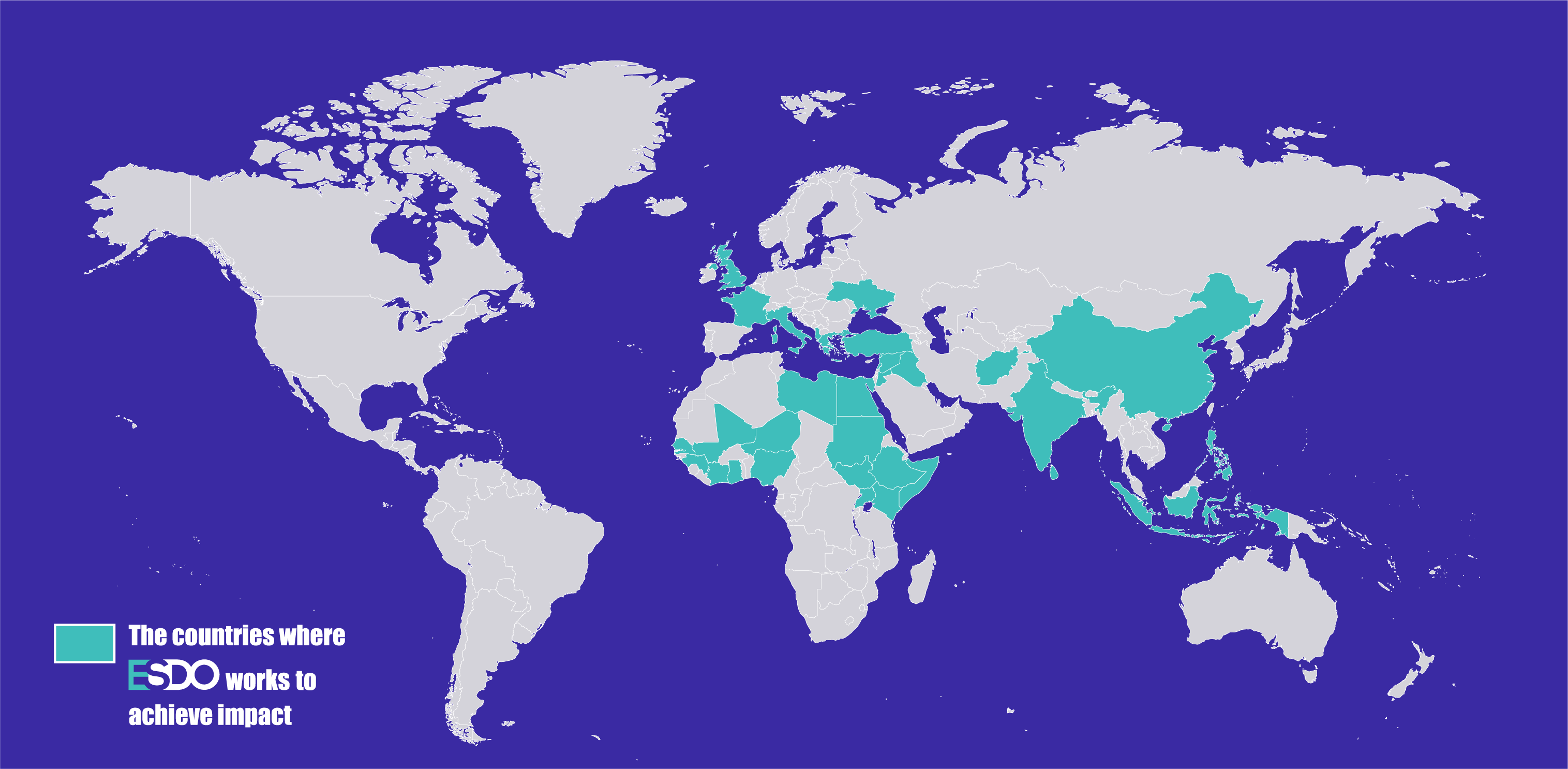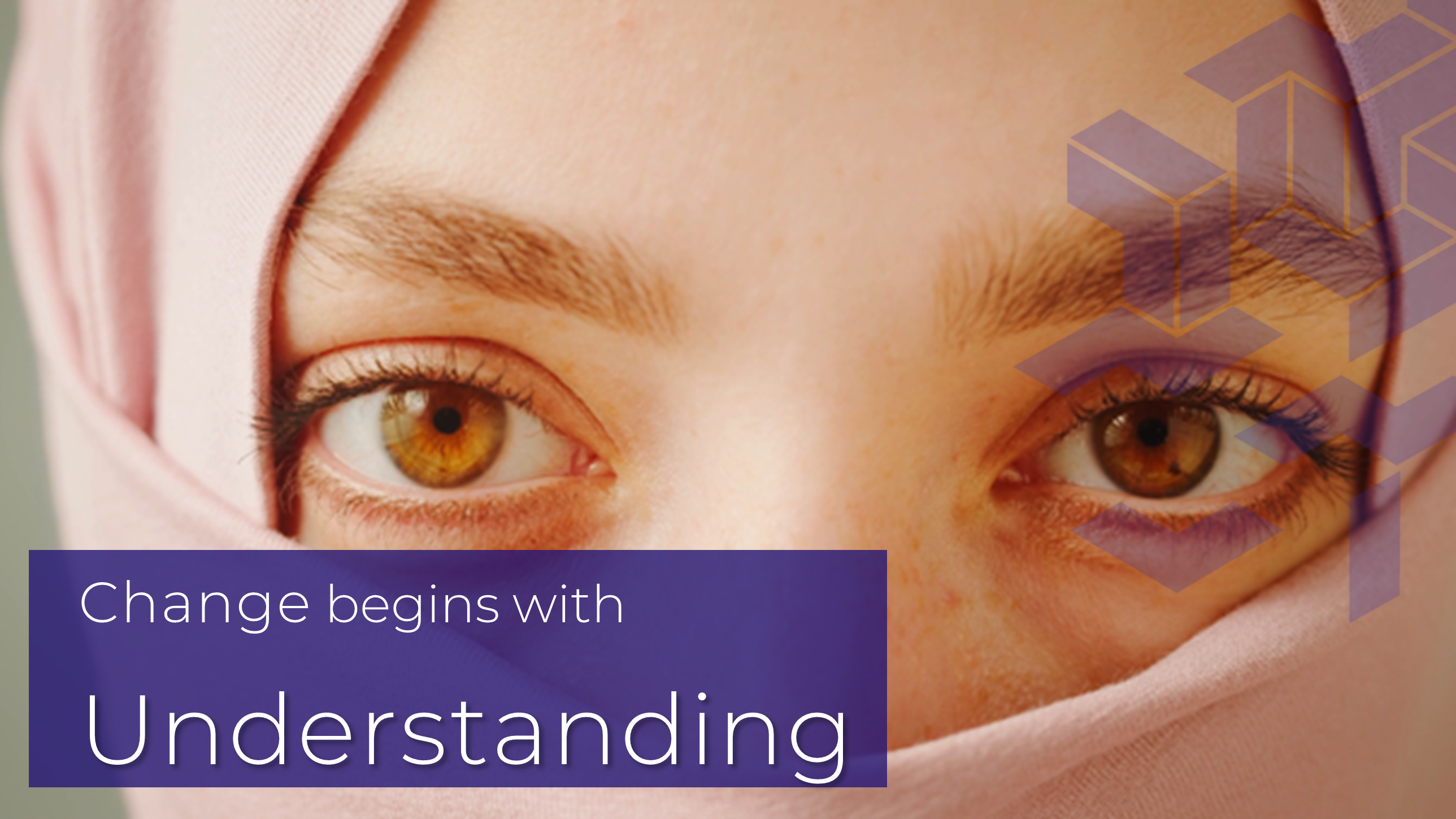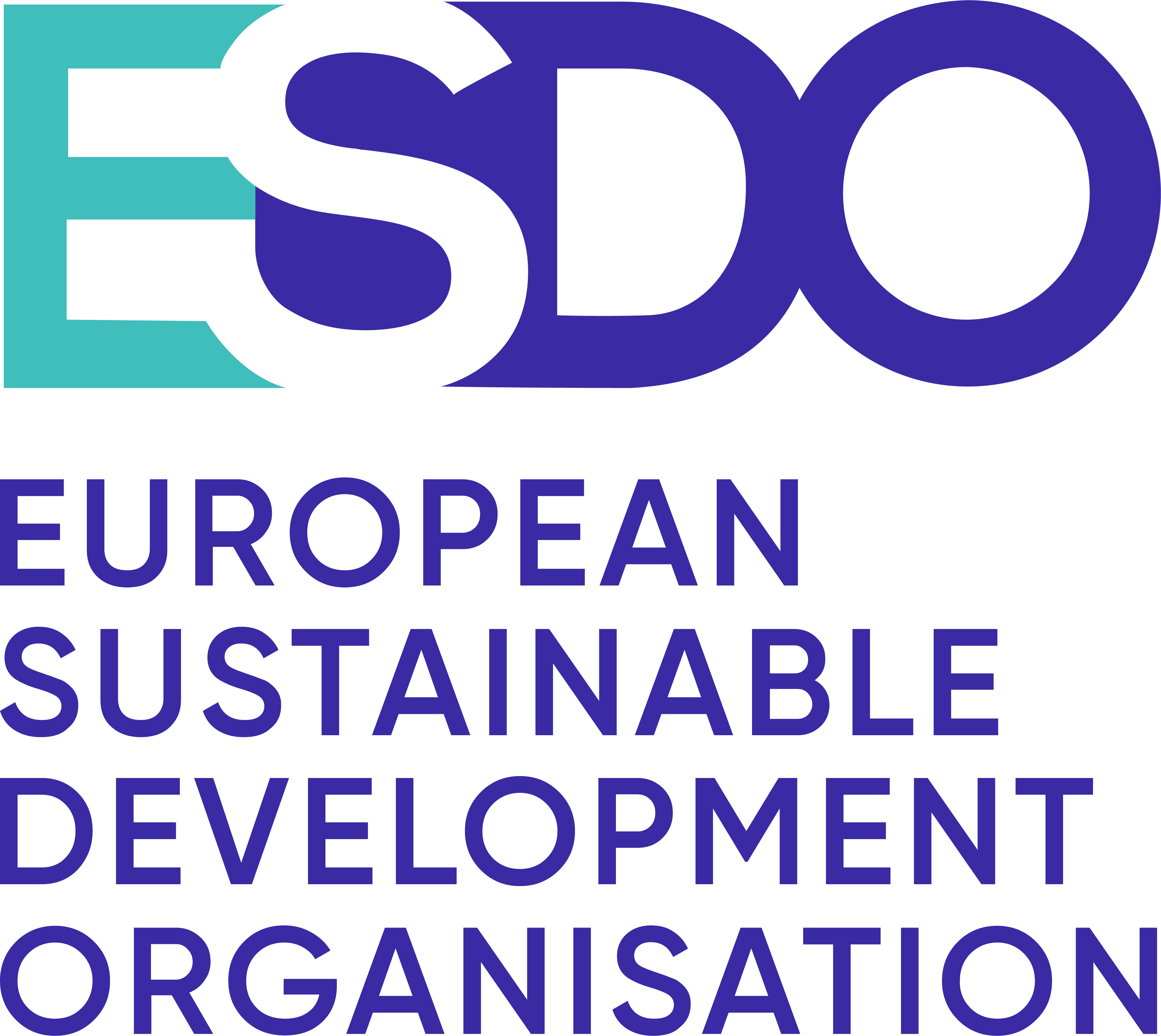
What are Behaviour Change Campaigns?
Behavioural Change Campaigns
Behaviour Change Campaigns are used in the humanitarian aid and international development sector to change individual and community behaviours and attitudes towards a range of complex areas.
Behavioural Change Themes
► Sexual and Gender Based Violence (SGBV)
► Radicalisation & Social Inclusion
► Countering Violent Extremism (CVE)
► Climate Change, Environment & Food Systems
► Health issues including Sexual and Reproductive Health Rights (SRHR)
Case Study
The illegal human trafficking of youth from Nigeria to Europe for domestic work is well known and is one of the most criminalised trafficking routes out of Africa. Violence, control through Voodoo and community normalisations have created a powerful cocktail of exploitation where unwitting parents send their children away for an ‘opportunity’ in Europe.
Rather than an opportunity, the reality is a life of domestic or sexual servitude with little sleep, violence, control and no payment. Unfortunately this has been normalised amongst sectors of the community where poverty is rife and any way out is seen as a life changing opportunity.
In 2017 a campaign to expose communities in western Nigeria to the realities of these opportunities resulted in ‘facilitators’ completely stopping activity in the targeted communities.
Decision Making Theories

Decision Making Theories help to explain the frames of reference individuals are using when they are making decisions. Understanding the Decision Making Theories of a target audience is crucial in order to design a behaviour change campaign that effectively changes any behaviour.
This collective identity can fuel a rapid spiralling to irrational and harmful behaviour away from community norms. When attempting to change the behaviour of Devoted Actors, rationalisation is unlikely to work – a different language they can identify with is needed. Similarly the approach of the campaign needs to avoid challenging the sacred values in a way that further reinforces them.
In this model it is also critical to understand the triggers that propelled the individual into the rational actor model. In many cases social exclusion plays an important role both in the trigger and the constant reinforcement of the ideology and the spiral to violence.
In those cases, reversing the social exclusion may be a key priority of the behavioural change campaign.
Behavioural Change Methodologies
There are a variety of behavioural change methodologies available to use depending on the nature of the campaign and the market research. The major methodologies include:
COM-B
COM-B is a methodology that has grown in popularity recently, mostly because it provides a logical framework of analysis through three lenses, that is relatively easy to implement at the research stage. However the weakness of COM-B is that it mostly stops at the analysis stage, where creatives and/or other methodologies are then required.
BCW
also known as the Behaviour Change Wheel is a method that combines 19 different methodologies to analyse the issue and target audience context. It is comprehensive in its scope, with the same drawbacks as COM-B past the analysis stage. It’s comprehensive nature sometimes also risks side tracking the analysis on sompler topics.
PIT
PIT is a little known behavioural change methodology known as personal incentive training. Through robust evaluations in many contexts, it has proven to be a surprisingly powerful methodology where personal proactivity is required of a captive audience.
PSC
PSC or psycho-social counselling is a methodology that uses rational decision making theories to influence individuals directly in person. It has many benefits, especially when combined with COM-B or other analysis models and enables direct measurement of early impacts.
Where We Work



